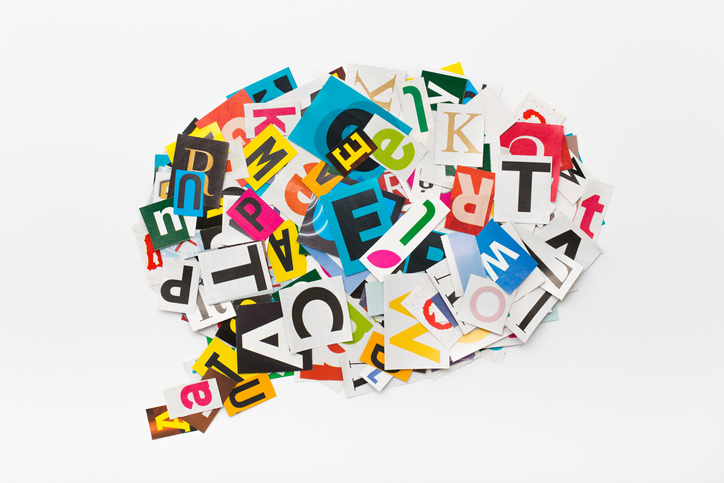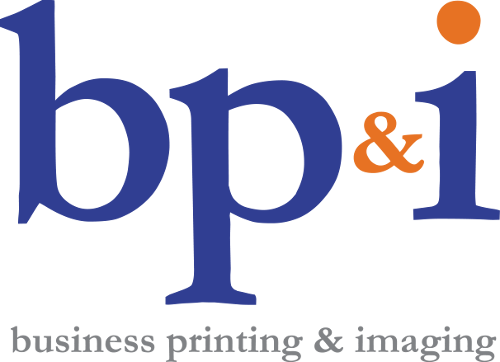3 Tips for Choosing the Right Flyer Font

When putting together a flyer, sometimes the flyer font can be overlooked.
But, your font plays an essential role in the overall flyer design. Depending on your choice, it holds the information being shared and can convey different meanings.
Sans-serif vs. serif fonts
Fonts can be classified into one of two categories: sans-serif or serif.
Sans-serif fonts don’t have little lines underlining the letters, making them good for digital posters. They also tend to be bolder, making them good for headlines. Examples include Century Gothic, Verdana, and Helvetica.
Serif fonts have little lines underlining the letters. They’re good for body text because they can be easier to read. Common serif fonts include Times New Roman and Garamond.
Remembering the difference between sans-serif and serif fonts is important when choosing the correct font for your flyer.
1. Readability is key!
Readability is the most crucial aspect to consider when choosing a flyer font.
If people can’t easily read your flyer, they will not stick around to try. They’ll get frustrated and throw your flyer out.
Stick to 10 pt and above font sizes and aim for Arial, Georgia, Verdana, and Times New Roman, as these are easier to read.
Also, be mindful of your dyslexic audience by choosing a font they’ll be better able to read, such as sans-serif fonts, especially Helvetica. With about an estimated 1 in 10 people with dyslexia, making sure your flyer is accessible may be more important than you thought.
2. Fonts convey meaning
Various fonts add nuance to your design.
Paying attention to these nuances can help you pair the right font with the message and goal of your flyer.
Check out the following common flyer goals and how to achieve them.
- Formal, conservative, or vintage brand: serif fonts
- High-end buyers: minimalist font
- Convey stability: Times New Roman, Arial, and Cambria
- Convey assertiveness: Impact, Rockwell Xbold, and Georgia
- Show expertise: fancy fonts
- Discount flyers: bold fonts
The little decisions, like matching the right font with your flyer, can go a long way in promoting your business.
3. Don’t overdo it
With about 200,000 fonts worldwide, it can be easy to choose too many fonts for your flyer.
But, too many fonts create a busy, confusing flyer design. Instead, stick to about two fonts or one font in different weights. The font’s weight includes the various ways a single font can appear. Font weights include hairline, thin, light, regular, italic, medium, bold, and black, to name a few. Never use more than three fonts.
If you decide to use two fonts, finding the right font pair can be tricky. Many find pairing a sans-serif font for the headlines with a serif font for the body text to be a helpful guideline.
Font selection may seem like a small detail, but it affects how your marketing is perceived. When choosing a flyer font, readability and accessibility are the most important factors.
Whatever font you choose, we’re here to help you print your flyers so you can share your business with your target market!
